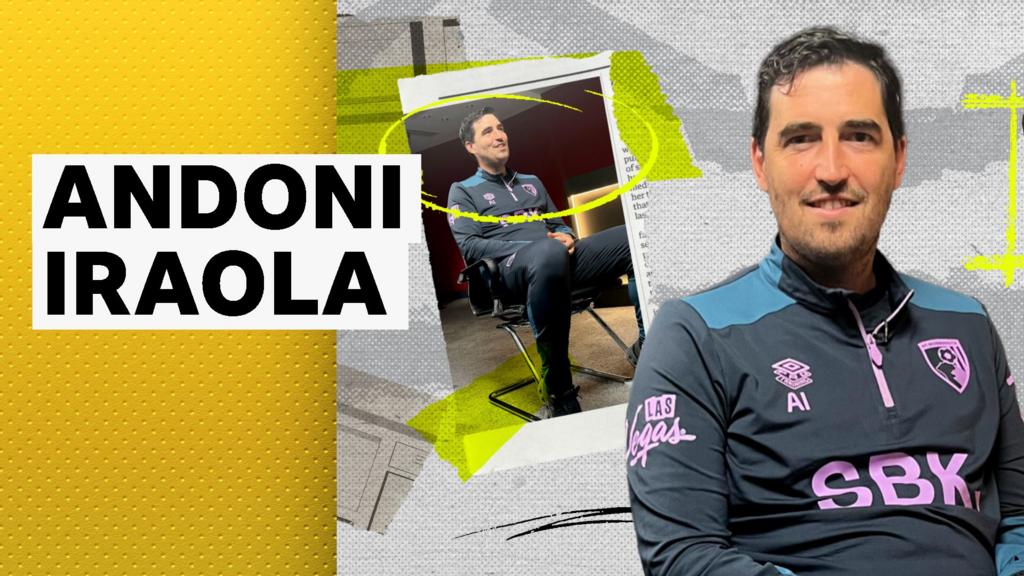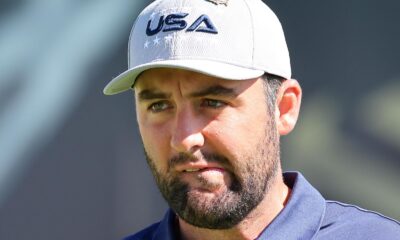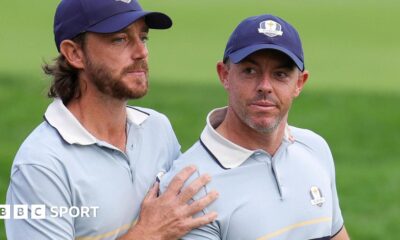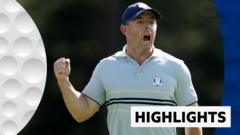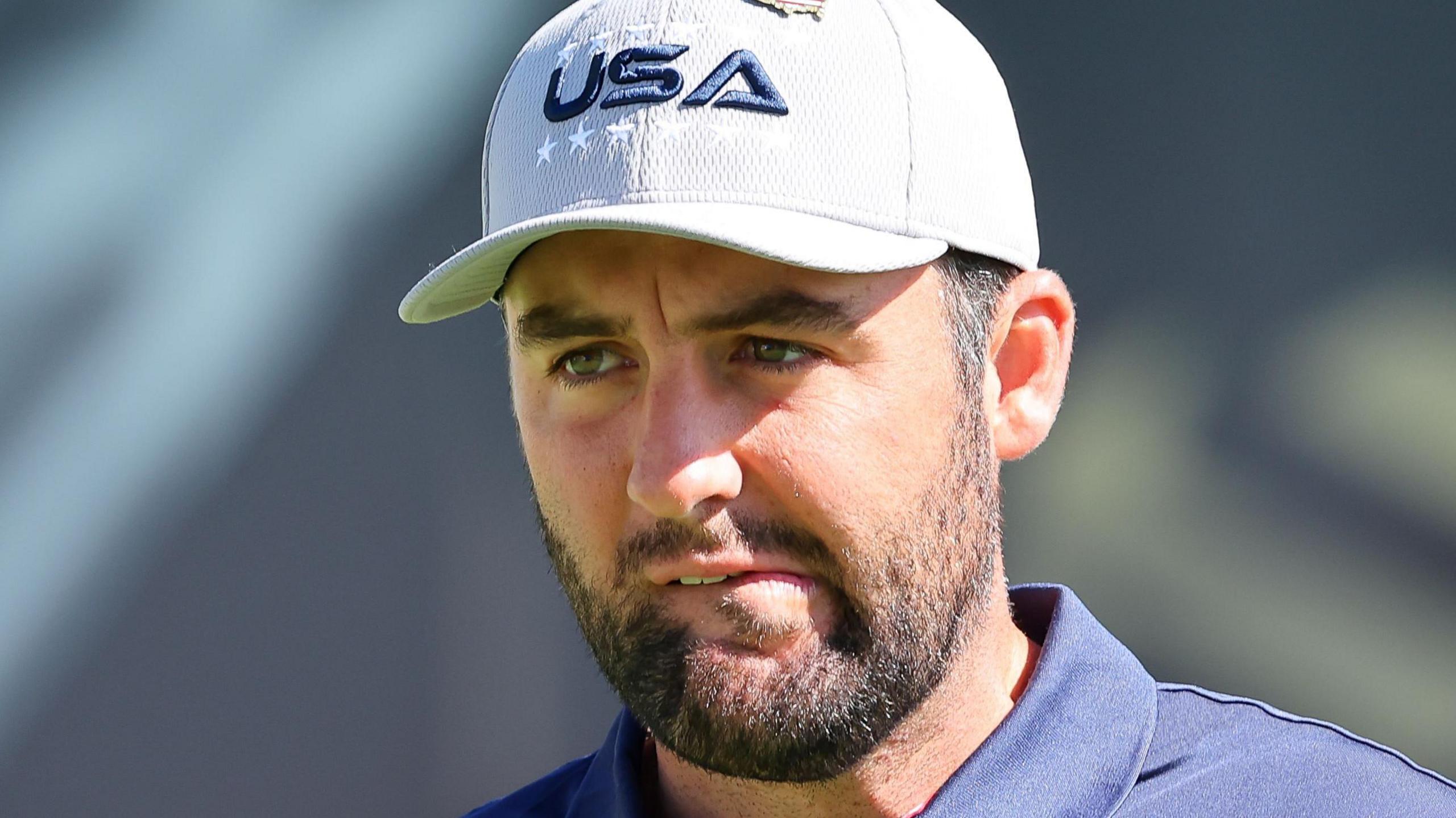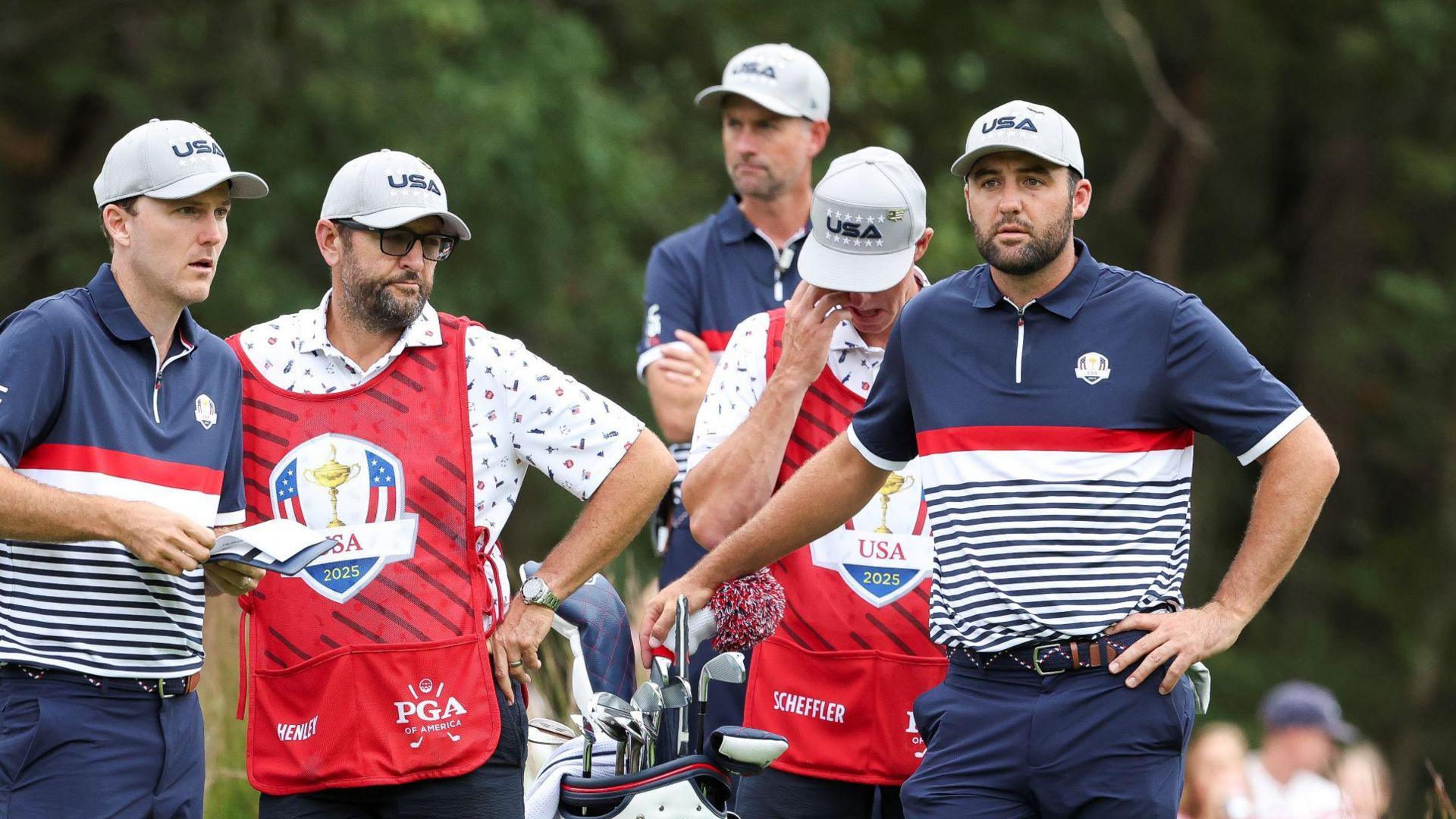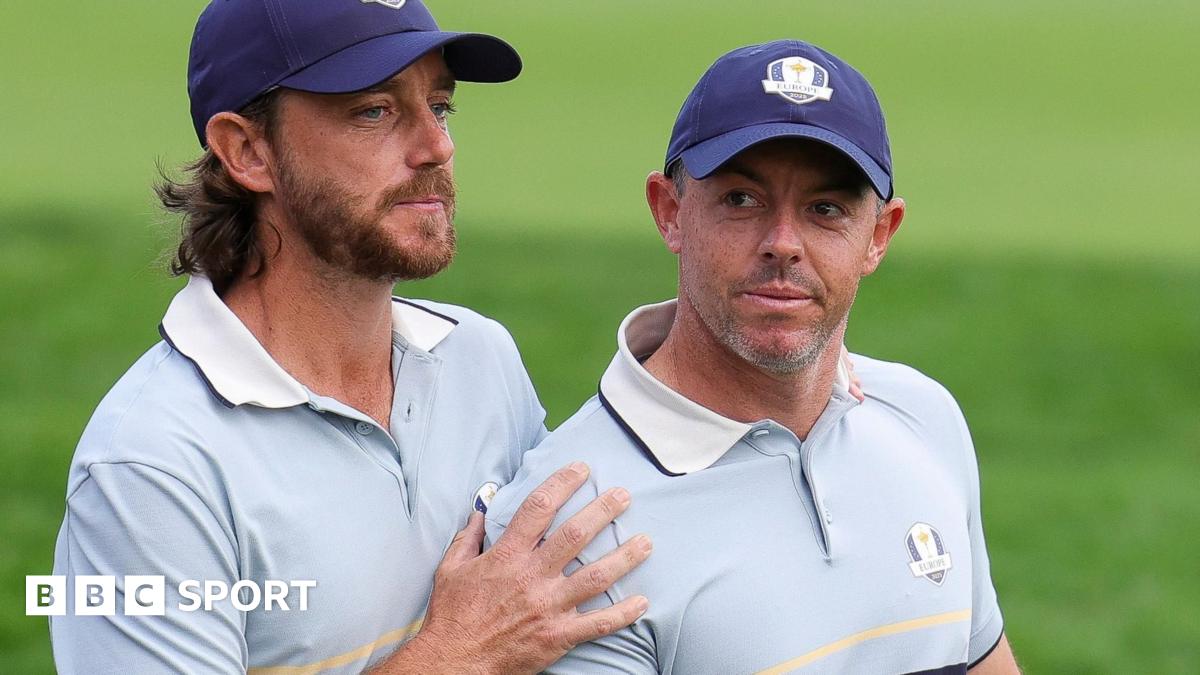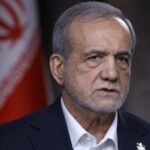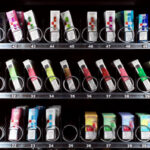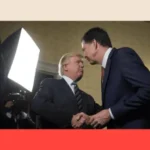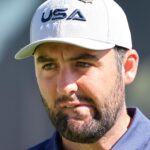AT FIRST GLANCE, the shop on the corner of Jersey Road could be mistaken for a dying breed in the industry.
A locally-owned convenience store that isn’t one of the titans that have taken hold in England just as they have at home in Ireland.
It is a little before midday and as you cross the road from the Park Grand Hotel, the queue of customers that spills out onto the path begins to snake around the back of the shop, drifting further up a street lined with Range Rovers, Audis, Mercedes and Teslas.
Towering oak trees, their leaves still pristine green, provide a gorgeous protection.
It’s only as you come close enough to the shop to see the faded blue exterior that you realise it is not a shop, and the people are not customers.
“Muslim Hands. The Open Kitchen” reads part of the sign above the door.
“Free hot food for those in need,” is written in red block capitals.
Even in an area like this in west London, these food banks are a necessity for some. The meals being handed out are gratefully received by those who queue quietly and patiently.
Walk just five minutes up the road, past some of the modest semi-detached homes that benefit from London’s soaring property values, and the crooked, broken pavement slowly begins to smooth out.
The houses – some have gates, some have security cameras – get bigger.
The training ground of Premier League club Brentford is now visible over some hedgerows and fences.
A different life, a different world, entirely.
Some of the ongoing training session, the final one ahead of today’s game with Manchester United, can be made out, and there are some booming sounds as the unmistakable Dublin accent of head coach Keith Andrews pierces the air.
Then the music starts.
There are blasts of house, R&B, a little bit of techno, that last about 30 seconds to one minute each time.
It stops, the football instructions can be heard, the players roar and cajole, and then the music starts again.
“[It’s to] generate energy, higher intensity [in] certain phases of a session. So, yeah, I just try and stimulate the players in different ways, so music would have been used pretty frequently throughout the time I’ve been in charge,” he says.
A country music fan, Andrews accepts he must defer to his players when it comes to controlling the speakers. “I’m 45, so you can imagine my taste wouldn’t be aligned to theirs.”
Andrews continues to make his own tweaks in a job he got this summer, when Thomas Frank departed after almost seven years for Tottenham Hotspur.
Over last month’s international break, for example, former Ryder Cup captain Paul McGinley paid a visit to the training ground after a mutual contact put them in touch.
“Mainly for myself, the staff. Again, constant learning is the key. When you get the time in between your schedule, I think it’s important to still take a step back and try and add things to what you’re doing and a different pair of eyes looking at things. Little titbits of information and advice are always… I’m always keen to hear.”
The most recent Irish sporting hero to arrive two weeks ago was Jonny Sexton, someone Andrews developed a rapport with when he previously embedded himself in an IRFU camp.
It wasn’t just a flying visit either, as Sexton spent two days with Andrews and his squad in a mutual sharing of information, thoughts and coaching principles, observing training, meetings, and also speaking with the players.
“Obviously a phenomenal rugby player, a phenomenal competitor, and he’s on the next chapter of his life, I suppose, where he’s now involved with the IRFU, the different side, and being with the Lions. So his experience is… Some can transfer into our sport, some can’t, I don’t think, but, yeah, just a really good person,” Andrews says, although Sexton may have divided loyalty today seeing as he remains a United fan.
Andrews has been around long enough to know how those who savour and relish the vacuous elements of the game work. Hangers on have never appealed; he spots those looking to take advantage a mile off.
“I think I get the balance of my life pretty good. I’ve got a tight inner circle of friends and family that hasn’t changed. Anyone that’s tried to come into that over the last few months, funny enough, hasn’t got into it,” he says.
Andrews did media work in a different stage of his life but avoids social media completely and also insists that he reads nothing that is written or listens to what is said about him.
“So when comments are thrown at me, I haven’t got a clue. And if anyone tries to tell me, I’m not really interested. So there’s enough that goes on here where I know where we are, where we need to go and how we get there, and I haven’t got the time, that’s the other thing. I did once have the time, but even when I did, I wasn’t interested really,” he says.
It’s why, after earlier in the general live section of a press conference when Roy Keane being complimentary about him is mentioned, Andrews has no intention of biting considering the former United and Ireland captain has also said some pretty derogatory things too. Martin O’Neill is another who holds a grudge from Andrews’ analysis during his time in charge of Ireland, and just this week reiterated that the Dubliner “wasn’t his favourite person”.
“Even though [I was] pretty prominent, I suppose, in media circles because I’ve done TV work, etc. But, you know, in private life and the journey I’ve gone in as a coach, I’ve never felt the need to advertise that,” Andrews says. “I’ve been pretty under the radar around all of that, the hours that I’ve put in, the time I’ve put in. But I feel like it’s put me in a really good place.”
He joined Frank’s staff as set-piece coach ahead of the last campaign and when Brentford went in search of his replacement the appointment of Andrews was met with a mixture of intrigue and bafflement.
“If I was nothing to do with this football club and seeing a headline where a set-piece coach takes over as the head coach of the Premier League [team], I probably would have been surprised,” he says.
“I would have been a bit more tuned into Brentford, even from afar, than most people, I think. So, yeah, internally, was it a surprise? I’m not so sure.”
Andrews is also keenly aware of what it means to be an Irish boss in the most popular league in the world, and while Paddy McCarthy is on the coaching staff at Crystal Palace, he remains the highest profile with other bosses in the EFL – Brian Barry Murphy (Cardiff City), Alan Sheahan (Swansea City), Conor Hourihane (Barnsley), Noel Hunt (Reading),and Dean Brennan (Barnet).
“You’ll know I’m very patriotic. The whole playing side of my career was built around the ambition of playing for Ireland and representing Ireland. And in my coaching career, I coached every age group with the Irish team, so I’m very, very patriotic so it doesn’t get lost on me,” he says. “But equally, I just need to go about my business and try and do as well as I can do. But I’m very proud to be an Irish Premier League head coach.”
The road taken by Andrews has been carefully plotted until this point, although the challenge now is to avoid teetering by the abyss and continue to build on a steady body of work.
By 29, he knew he wanted to go into coaching so began working at Blackburn Rovers’ academy while still playing.
He had a career that saw him earn 35 Ireland caps and play enough years in the Championship and Premier League that he could have walked away from game and enjoyed a comfortable, quiet, life if he wanted.
There is a sense of freedom that comes with that, but more powerful still was Andrews’ feeling of purpose. It’s why, even as he briefly dabbled in media, he offered his services free of charge to the FAI for a year and a half to work with the U16s, U17s and U18s.
“I’ve always been very deliberate about roles that I took,” he says. “Learning, developing, travelling to different clubs, sports around Europe to really just learn, basically, and experience different environments that you will always pick up little nuggets.”
He was, of course, the consistent touchstone on Stephen Kenny’s coaching staff with Ireland, and after that, he joined Chris Wilder at Sheffield United before Frank brought him to Brentford.
“Bright, enthusiastic, committed, driven. Great personal qualities,” Wilder tells The 42 of Andrews.
“A head coach role was always something that I was working towards, I knew that from pretty early really but I was very deliberate about when that should be,” Andrews says. “I felt like I should earn my stripes. I wanted to earn my stripes and learn the game, devote time to being the best coach I could be and go through different experiences.”
It’s taken him to the Premier League, and the summer saw quite an overhaul at Brentford. Key players like Bryan Mbuemo, captain Christian Norgaard, and forward Yoane Wissa left for United, Arsenal and Newcastle, respectively.
Mbuemo was a record sale – €80 million – and Dango Ouattara was a record signing at around €50m. The arrival of England international Jordan Henderson brings elite-level experience, and Caoimhín Kelleher is now the No.1 with Nathan Collins as captain.
That duo’s woes with Ireland naturally didn’t go unnotticed for Andrews, although with up to 15 of his squad away on international duty, his focus was on the collective.
“Some will come in on cloud nine, some will come in that would be inevitably down after the results or the performances, not playing, all those things you need to factor in. But I think players, by nature, pretty quickly get back onto the club page. I used to say that with the international team, when players would meet up, if things hadn’t been going particularly well at club level, for whatever reason, then this is your haven.
“You need to enjoy being here and relish this environment. So if they have had a tough time, some of the players, when they’ve been away, nothing really changes. We’ll just always welcome them back in and try and support them and be that constant support.”
Taking the time to get a sense of his players on a human level is a necessity. “I think it’s really important to understand different nationalities, cultures, religions. But ultimately, it needs to come from a place of respect. I think we do that. I try to do. That’s who I am. Working with people from different places of the world, different language barriers, but also ties into how players learn as well.
“And that’s really important when you’re coaching, when you’re doing meetings, that you’re very deliberate about how you present what you’re saying, how you’re saying it, because you need to remember there’s a lot of these players where English isn’t their first language.”
Brentford go into today’s game with United in 17th place. They’re on four points, one clear of the relegation zone, yet a win will take them above Newcastle and level with the likes of United, Everton, Leeds and Manchester City, who will all play later in the weekend.
Brentford’s sole win from their opening five fixtures was in front of their own fans – against Aston Villa – while after the most recent 3-1 defeat to Fulham last Saturday night, Andrews found himself in a familiar situation regardless of the result. He went home, checked on his dog, a cockapoo named Buddy, and rewatched the first half before going to sleep.
The next morning, he watched the game back a couple of more times from different tactical angles before, as he puts it, “you just try to put everything into a box of why it happened. You see things and you see fixes, you see possibilities of what could have been and what should have been.”
Then attention turned to preparing for United, although the death of his uncle Des, who had been living with Alzheimer’s, brought him back to Dublin for the funeral at the start of this week.
“I was very close to him. His big team was Man United. He would have gone there from God knows how long ago. It was quite a poignant week and the fact we’re playing Manchester United, so the significance of who we’re playing on that front is not lost,” Andrews says.
Like so many families in Ireland, they were split between United and Liverpool, although Andrews isn’t being too guarded about his loyalties.
“Not telling you, but it wasn’t Man United.”
The emotion and sadness of the week from a personal point of view is not something Andrews wants to shy away from.
“I say it all the time about the players and how I deal with the players, it’s always the person first, that’s the most important thing. I genuinely mean that, how you treat people, with compassion, with empathy, with respect, that’s the way I live my life. This week has been a tough week for our family.”
Perspective is, as always, just around the corner.
- In tomorrow’s second part of The 42′s exclusive access at Brentford, director of football Phil Giles talks about what constitutes success for Keith Andrews at the Premier League club and why he was the perfect choice to take charge.

